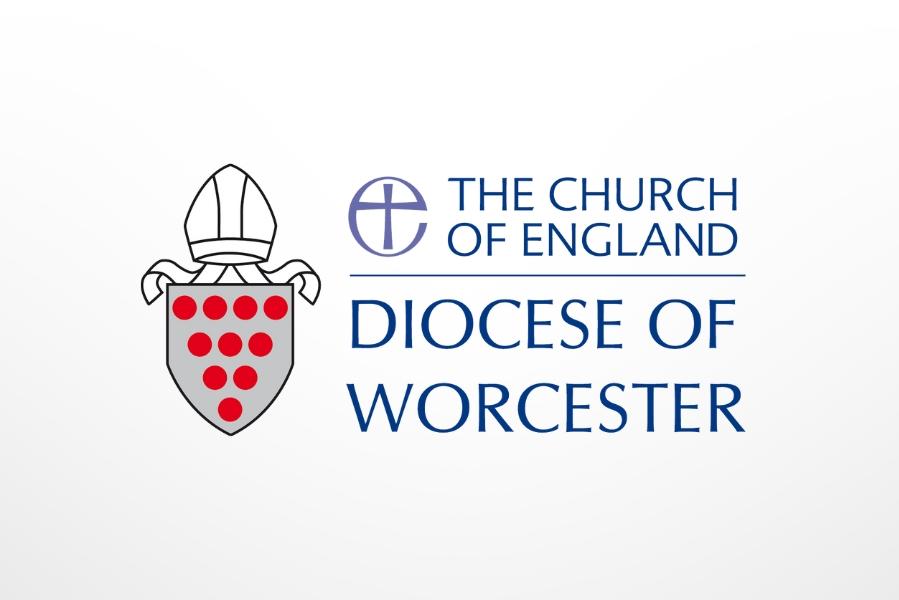
When does selection happen?
From time to time, when we believe we have enough potential candidates, we shall offer centrally organised training for all strands of ALM ministry. Therefore, we encourage parish clergy and individual potential ALMs to register their interest as soon as they see this training and ministry as suitable, so that we can monitor the level of likely interest.
Discerning ALM ministry
The primary responsibility for selecting, authorising, supervising, and supporting authorised lay ministers normally lies with the parish priest. Where there is a clergy team, or wider ministry team, the selection of potential ALMs should be discussed confidentially within the team. Where there is no team, the incumbent will ideally have some wise churchwardens or other people who know the parish / benefice well, with whom they can discuss people who might be selected, before taking those names to the PCC.
In selecting potential ALMs, consider carefully the area where they might exercise that ministry: a single congregation, a single parish, or the whole benefice. Given that ministries tend to expand in practice, it will normally be best to assume that authorisation will be to the benefice, and therefore the incumbent’s and PCC(s)’s discernment process should also ask whether this person is capable of ministering in this wider framework.
Depending on who has initiated the discernment process, a conversation with each person being proposed is central. (It may start with a person volunteering to be an ALM, it may come from the parish priest, or it might be suggested by another person.) It may be that as well as a conversation with the parish priest, the prospective ALM could also be invited to have a conversation with another member of the ministry team, or a churchwarden.
Safeguarding
As well as this local ministry discernment process, the incumbent and PCC need to follow the current diocesan safer recruitment process as set out in the safeguarding policies page of this site. This includes an expectation that the candidate will do the appropriate level of safeguarding training (currently Basic and Leadership).
Not all ALMs will be carrying out a ministry which entitles the parish to ask for an enhanced DBS check. As part of the process, the prospective ALM will need to have a conversation with the parish safeguarding officer, to see what level of check is required. To help with this discernment process, we have sample role descriptions for you to adapt as appropriate to your parochial context, and to the skills and gifts of the prospective ALM. These are on the separate pages for each strand of ministry. Those pages also give an outline of the training involved.
It should become clear whether an enhanced DBS check is required (which it normally should be for Children and Youth Workers and Pastoral Workers) or whether the applicant can only arrange for a Basic check - the cost of which (currently £23) should be reimbursed by the PCC. The roles of Evangelist and Worship Leader are sufficiently varied that in many instances an Enhanced DBS check would not be legally permitted.
The Bishop’s Code of Practice
When the ALM scheme was launched, the bishop issued this code of practice for ALM ministry in the diocese.
The Bishop requires that:
- All ministries, ordained and lay, will be exercised within a collaborative team, although the size and shape of the ministry team may vary at a local level
- Authorised Lay Ministers will work with the authorisation and support of the Incumbent (or Priest in Charge or Vicar in a Team Ministry) and PCC, and be accountable to the Incumbent
- ALMs will be selected by clergy and lay people together
- Those selected will attend diocesan designed training
- Parishes should aim to review their collaborative mission and ministry every 5 years. They are encouraged to make use of an outside consultant (such as Area Dean or Lay Chair). This provides an opportunity to ask whether a ministry might be laid down or refreshed.
- The aim is to provide on-going diocesan and deanery-based support to ALMs.
- ALMs are encouraged to celebrate God’s gifts of ministry and renew their own commitment annually at a deanery celebration with other ministers, lay and ordained.
